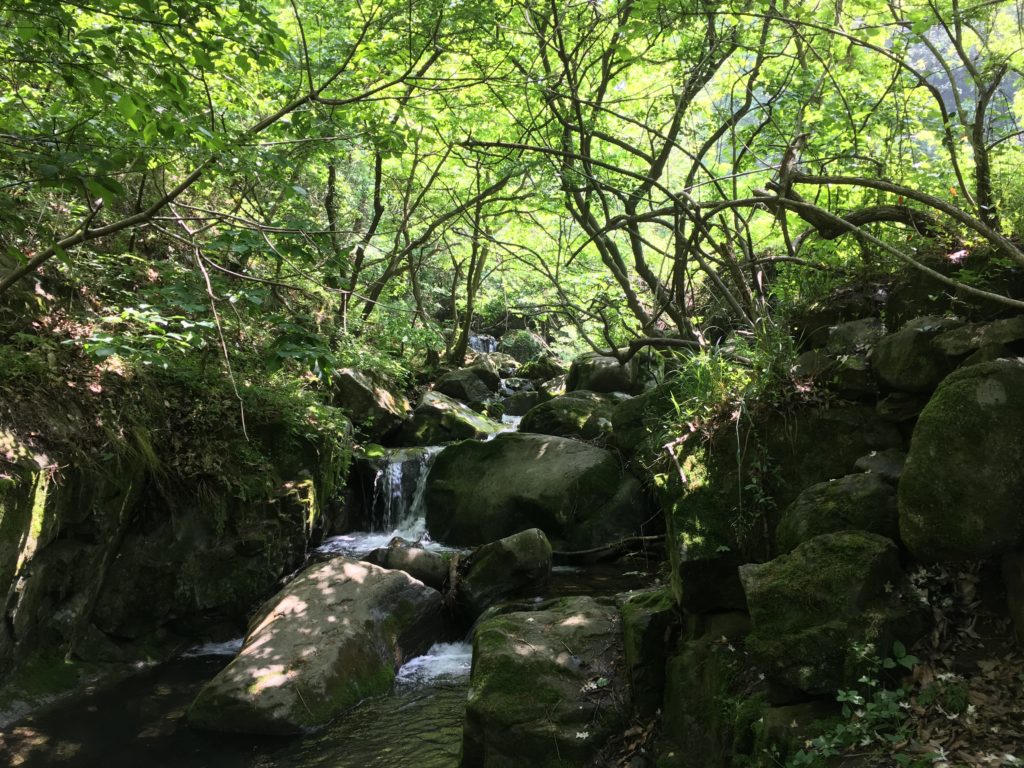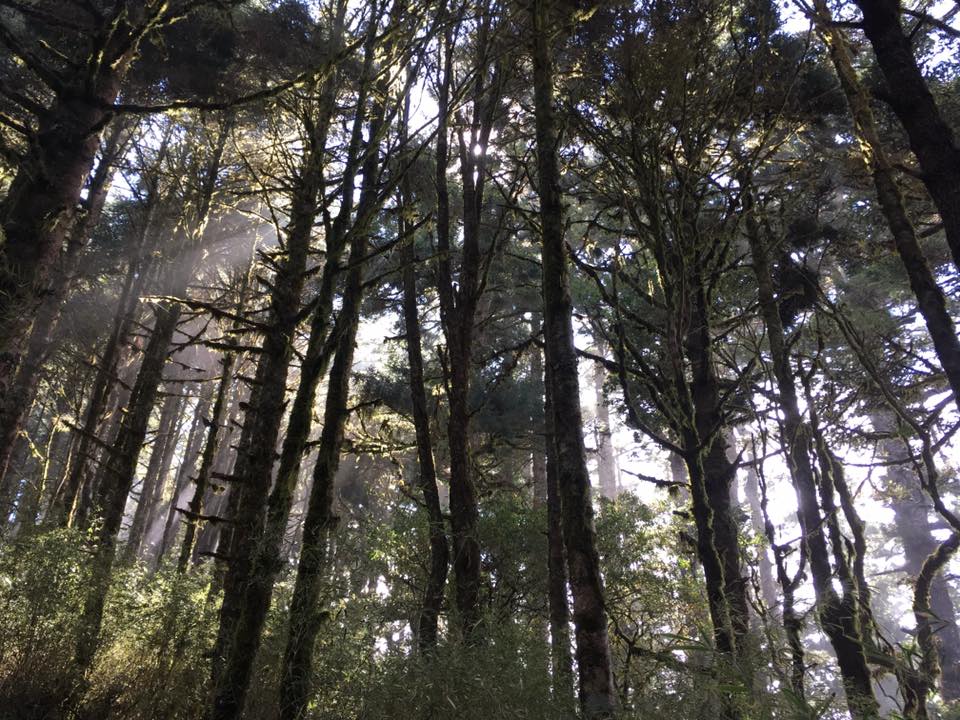How To Rejuvenate in Nature: Slow Down
Written by Jonathan Blaney
Photographed by Annalise Reinhardt and Jonathan Blaney
Over the past five years working as a nature educator with children and adults, I have seen so many people radically transform within one week of an overnight wilderness program. I personally have grown and learned so much from nature that I consider nature to be one of the greatest teachers and healers I have ever had.
After one particular program I facilitated about three years ago, a participant handed me a thank-you note that read, “This week was the first time I felt my soul become alive.” This group was from Foshan, China, and many of the kids had never camped in their lives. I have often seen this happen, where adults and children alike will come to a program in nature, with no cell phones or screen interaction of any kind, and learn wilderness survival and nature connection skills. And at the end of the week, they are beaming, often with tears of joy in their eyes, saying, “I really needed this,” or “This was the most fun week of my life.”

Why does nature have this effect on us? While the exact scientific reason has not been found, the reproducible results of the benefits of nature from years of scientific and psychological research are staggering. With the stresses and demands of modern society, we often spend great amounts of time indoors and in front of screens, which leads to public health issues such as obesity and depression. Researchers even found that people who lived within a half mile of green spaces had lower rates of depression, anxiety, heart disease, and many other health ailments. Studies have also shown that after a 15-minute walk in the woods, cortisone levels, the hormone that causes stress, are reduced by 16 percent. Overall, research has found that spending time in nature reduces stress levels and improves mood. [1]
Great! So time in nature is super beneficial for health. But there is one problem. We have no time! Sometimes we need more time in nature to really feel relaxed, but we only have very little expendable time to do just that. Or, we have 15 minutes and so go out for a quick hike but then rush like mad to get some isolation from the city, and after making this mad dash, we end up not feeling relaxed at all. This is a dilemma we often face in modern society. I want to share with you some ways to help maximize the short time we do have in order to reach a much more relaxed state as well as feel more connected with nature.

The most fundamental way to heighten your rejuvenation time in nature is to slow down. That is right. It is so simple yet so profoundly powerful. What do I mean? You start with slowing down your usual walking speed, and you can then start to slow down everything else.
To begin, you will want to find some isolation, preferably in nature, like at a park, or anywhere you can have some space without crowds and many distractions. Once you are in your spot, walk about 10 or 12 steps at a normal pace and while doing this, try to pay attention to how your body feels. Then stop walking. Take a deep breath. Resume walking again, but this time walk a quarter of the speed of your usual pace. This will feel quite slow. During the first couple of steps, it might be difficult for your mind to relax, but maintain the quarter-speed pace as smoothly and fluidly as you can. Walk this way for as long as you are able. *Note: If you only have a small amount of time, I recommend setting a timer on your phone to help you forget about the time and focus more on how awesome life is all around you.
When I first did this exercise, I was on a hiking trail that I had walked on many times before. However, when I began walking slowly, I started noticing so many things that I would usually pass by, such as animal trails, dens, and plants; I had never felt so alive in nature before. I felt calm, present, and aware. When I started moving at my city pace again, it felt almost unnatural, because it is.

What happens when you slow down your pace? At this slower pace, you are essentially moving at the same pace as nature. This gives you an opportunity to see, hear, smell, touch, taste, and feel so much more in nature than you usually can. Moving at a slow and relaxed pace will allow you to maintain your balance, as it is much easier on your knees and body.
Often when we go hiking, we rush to the top of the mountain, take a selfie, and then quickly return back. We tend to bring that pace of running around in the city with us. We also keep our heads down, forgetting to observe all there is around us. To be sure, there are times when we need to move quickly. But if I have enough time, I like to find an area of isolation and then stop to do this exercise. When we practice moving slowly, we can really soak in all of the gifts nature gives us.
These very gifts are precious moments and feelings for which words cannot suffice. As the great naturalist, author, and environmentalist Edward Abbey[2] once said, “Wilderness is not a luxury but a necessity of the human spirit.”
References
[1] Florence, W. (2016, January). This is your brain on nature. Retrieved from https://www.nationalgeographic.com/magazine/2016/01/call-to-wild/
[2] Edward Abbey Quotes. (2018). Retrieved from the BrainyQuote.com website: https://www.brainyquote.com/quotes/edward_abbey_383238
The Author
Jonathan Blaney is a wilderness survival and nature connection youth educator who is driven to share his passion for facilitating a deeper connection with the Earth and keeping the skills of our ancestors alive. Born and raised in Los Angeles, California, Jonathan’s education in wilderness survival and nature awareness began in 2009 and continues to this day. Jonathan is the founder of Wilderness Story and is currently running youth programs in Jeollanam-do, South Korea.





